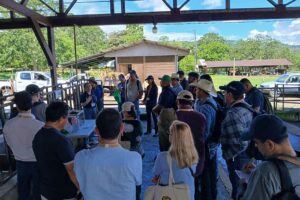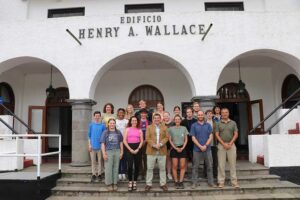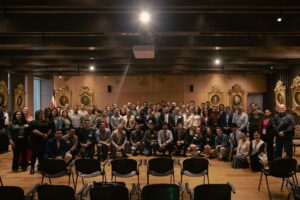Latin America identifies new strategies and priorities for integrating its restoration actions on degraded lands
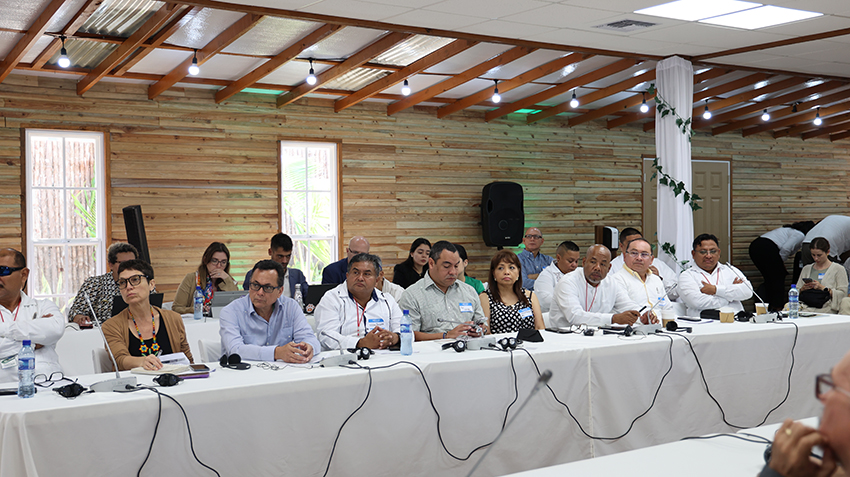
- This in the framework of a joint meeting between the Decade of Restoration, 20x20 Initiative, Bonn Challenge and AFOLU 2040
February 17, 2023. From February 8-9, country leaders, private investors and technical partners from across Latin America and the Caribbean gathered to connect converging agendas and pursue the goal of presenting areas of collaboration between the 20x20 Initiative, the Bonn Challenge and the Agriculture, Forestry and Other Land Use (AFOLU) 2040 Program, within the framework of the United Nations Decade of Ecosystem Restoration.
The meeting was hosted by Belize's Ministry of Sustainable Development, Climate Change and Disaster Risk Management and was also aimed at streamlining cross-sectoral cooperation between the environment and agriculture for restoration, as well as mobilizing funding to support restoration efforts.
CATIE (Tropical Agricultural Research and Higher Education Center), as a technical partner of the 20x20 Initiative, was present at the meeting to review the progress of the activities of the initiative'stask forces.The institution is in charge of the group of good practices for landscape restoration. "We also support other groups such as the restoration monitoring group, the biodiversity group and the business and carbon group," said Róger Villalobos, researcher at CATIE's Climate Action Unit.
In addition, Muhammad Ibrahim, Director General of CATIE, participated in the welcoming discussion forum, entitled: The Bonn Challenge, the 20x20 Initiative and AFOLU 2040, united to support the United Nations Decade on Ecosystem Restoration.
In this space, Ibrahim noted the complexity of the challenges involved in improving the emissions balance of the countries of the region, through compliance with their Nationally Determined Contributions (NDCs), while maintaining high deforestation rates and facing an accelerated deterioration of access to food in Latin America, and how institutions such as CATIE promote the development and application of appropriate technologies for this purpose.
Then, during the general meeting, CATIE, led by Ibrahim, introduced two panels. The first panel discussed the implementation of NDCs in the land use and food security sector; while the second panel discussed the state of financing for restoration in Latin America, how do GCF, AF and GEF-FOLUR integrated programs contribute to restoration?
As a result of this meeting, the participating organizations identified new strategies and priorities for integrating actions in Latin America into the framework of major international processes to promote large-scale restoration and identified key issues and opportunities for inter-institutional cooperation.
The 20×20 Initiative is a country-led effort that seeks to change the dynamics of land degradation in Latin America and the Caribbean, starting to protect and restore 50 million hectares of forests, farms, pastures and other landscapes by 2030. So far, 18 Latin American and Caribbean countries and three regional programs have committed to improving more than 52 million hectares of land (or about 124 million acres, an area roughly the size of Paraguay and Nicaragua combined) through the initiative. The partnership is supported by more than 100 technical organizations and institutions and a coalition of investors and impact funds investing $3.09 billion in private investments.
The Bonn Challenge is a global goal to restore 150 million hectares of degraded and deforested landscapes by 2020 and 350 million hectares by 2030. Launched by the Government of Germany and the International Union for Conservation of Nature (IUCN) in 2011. The challenge has surpassed the milestone of 150 million hectares pledged in 2017. Currently, more than 70 donors from over 60 countries are restoring 210 million hectares of degraded and deforested land.
Finally, AFOLU 2040 is an initiative of the Central American Integration System (SICA) region, committed to restoring 10 million hectares of degraded ecosystems in the region by 2030. Led by the Central American Commission for Environment and Development (CCAD), the environmental arm of SICA, the initiative also works to achieve carbon neutrality in the AFOLU sector by 2040.
As next steps in the process, Villalobos explained that the actions of the working groups of the four initiatives (Decade of Restoration, Bonn Challenge, 20x20 and AFOLU 2040) must be updated, strengthened and synergistically integrated to optimize progress in the restoration of key landscapes and ecosystems in the region.
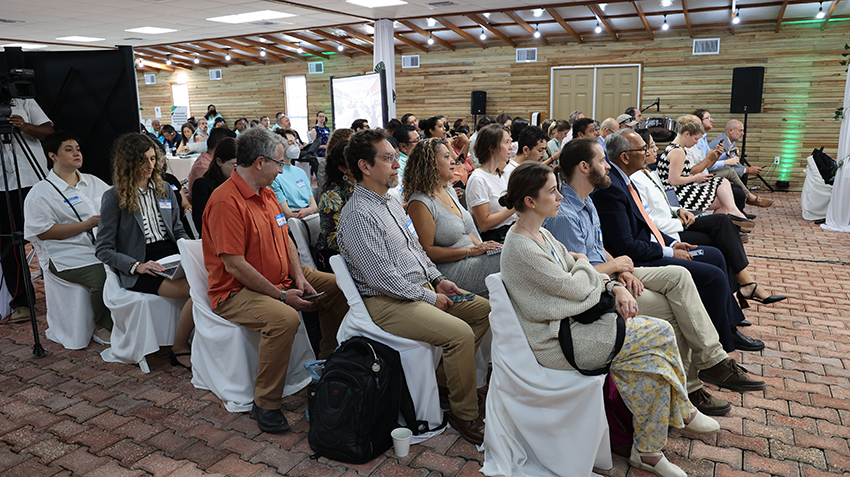
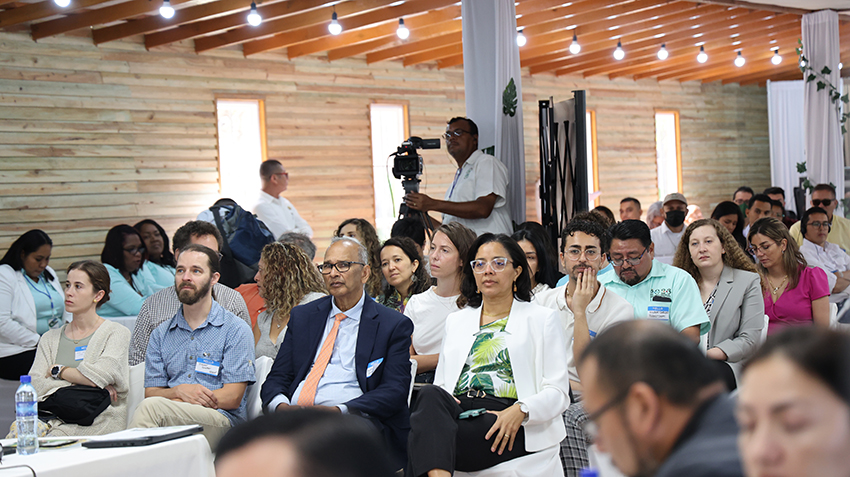
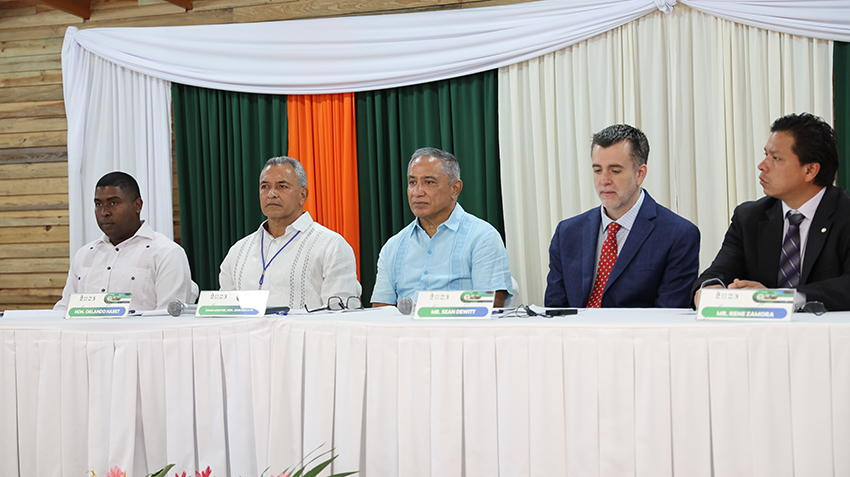
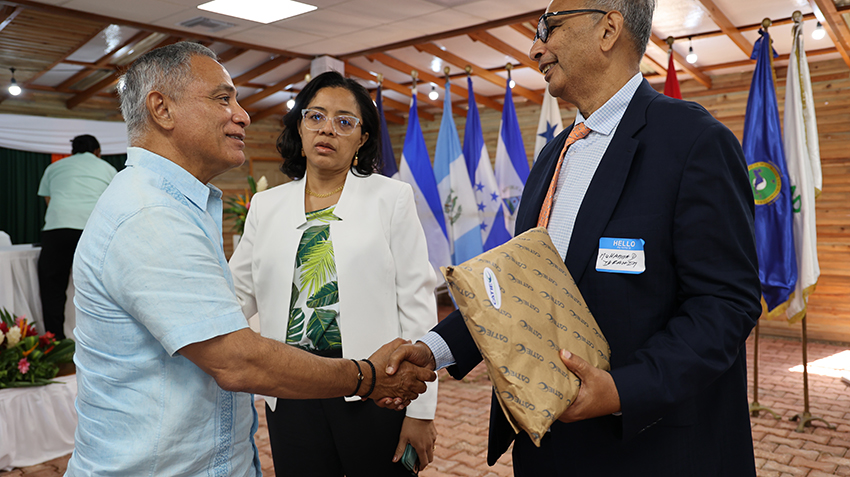
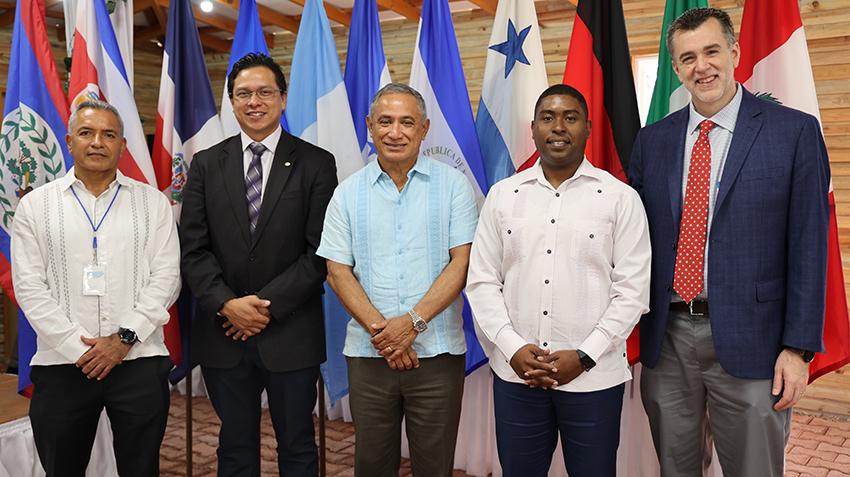
Written by:
Karla Salazar Leiva
Communicator
Information Technology and Communication
CATIE

